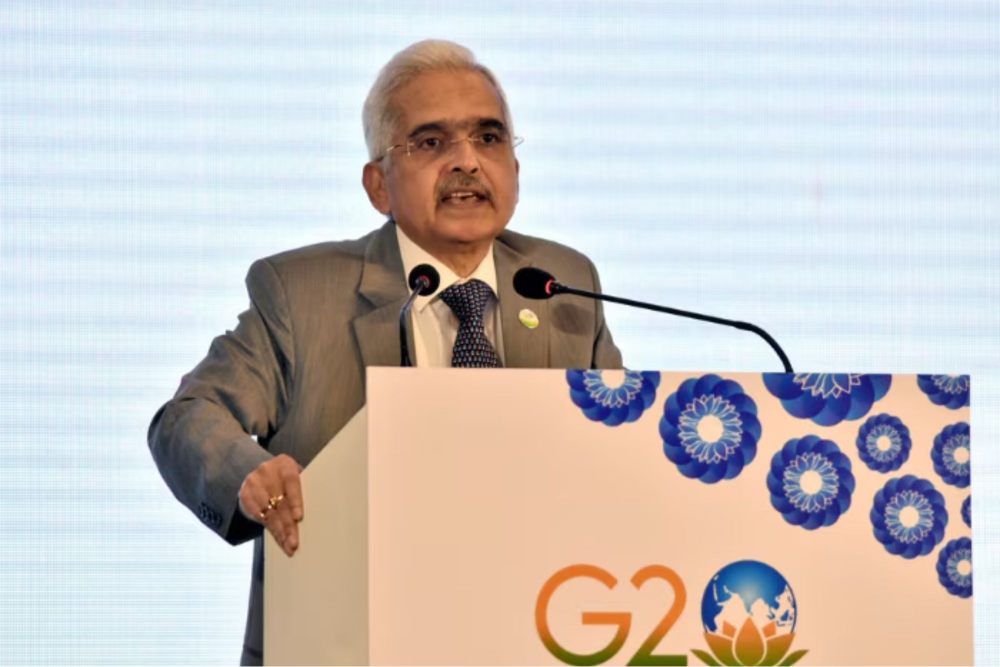
Banks, NBFCs, and fintech companies are being urged by the Reserve Bank of India (RBI) to periodically recalculate their pre-set algorithms using artificial intelligence (AI) and machine learning techniques. In response to the changing dynamics of the financial ecosystem and the release of fresh data about industries, customer groups, and worldwide challenges, this ought to be done.
Speaking at a gathering put on by the Indian Banks Association and the trade association FICCI, RBI Governor Shaktikanta Das urged banks and NBFCs to keep stress-testing their accounts. “Stress tests on their books are a prerequisite for banks and NBFCs. There’s nothing to be concerned about right now,” Das reportedly stated.

He further added, “There’s a compelling argument to be made for real-sector enterprises to stress test their balance sheets and business operations as well. It may already be the case for many of them, but many more should ideally follow suit.”
According to the governor, banks should exercise caution when dealing with NBFCs, and NBFCs should diversify their funding sources to reduce risks. “Given the increasing importance of non-bank financial companies (NBFCs) in the financial system, the increasing interconnectedness between banks and non-banks merits close attention,” Das explained.

Once considered disruptors, fintechs now work together with traditional banks to generate leads and provide co-lending. Both parties gain from this recent and quickly developing partnership, which gives Fintechs have a larger platform and lending capacity and banks are ready to serve consumers at no expense to the latter. Even if the governor of the RBI has raised concerns about model-based lending through analytics, there are still additional issues that need to be addressed, like exclusions or biases brought about by machine decision-making.
In an attempt to slow down the explosive rise of unsecured loans on bank and non-bank finance company (NBFC) accounts, the RBI raised the risk weight on consumer loans last week. Das further stated that as there was no build-up of stress on asset-backed borrowings, home loans and other loans were not affected by the central bank’s move last week to increase the risk weight for consumer lending.
